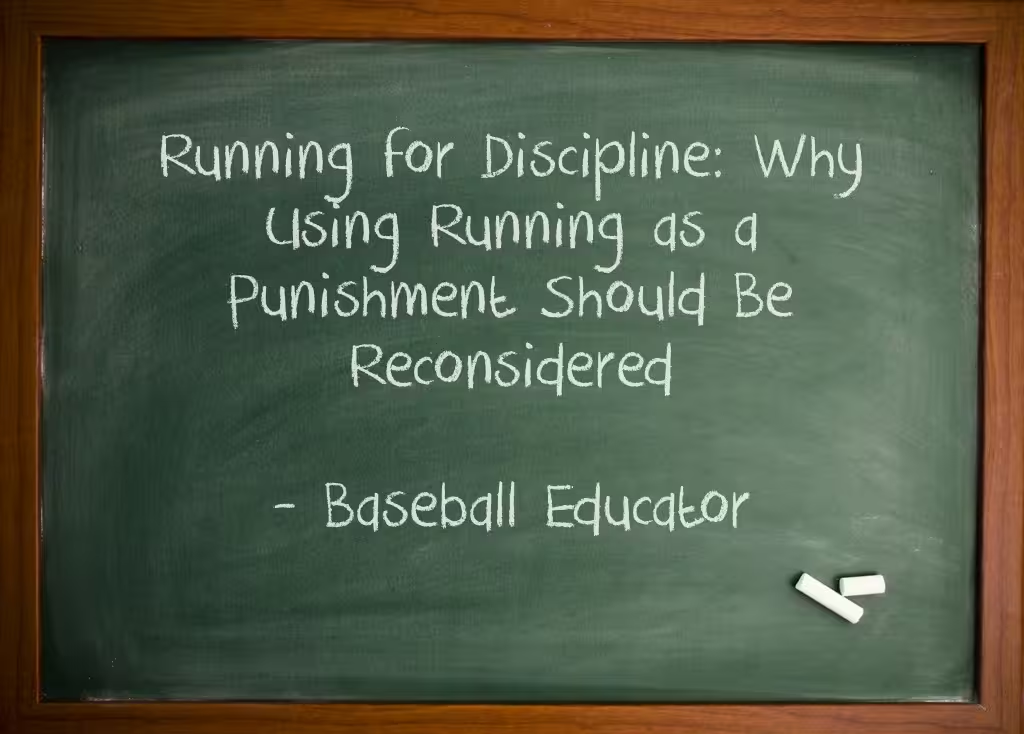Coaching in baseball is not just about teaching skills; it’s also about understanding and maximizing the potential of each player. Different coaching or leadership styles can significantly impact the team’s dynamics and performance. I feel that with a better understanding of the different styles, coaches can better identify ways to reach their players. Having earned a Master’s Degree in Educational Leadership, I reflect and feel my growth as a coach was significant due to this understanding. I urge you to digest the information in this article, then reflect on your own coaching styles and interactions with players.
Let’s take a quick look at various coaching styles commonly used in baseball, outlining the pros and cons of each.
1. Authoritarian Coaching
This coaching style is fairly self-explanatory. It is characterized by a top-down approach.
Pros:
- Clear Structure: Players know exactly what’s expected of them.
- Quick Decision-Making: Fast-moving games require rapid tactical changes, and this style allows for immediate responses.
- Discipline: Maintains order and discipline, which can be crucial for team cohesion.
Cons:
- Limited Player Input: Players may feel undervalued or disengaged.
- High Pressure: Can create a stressful environment, potentially leading to burnout.
- Reduced Creativity: Leaves little room for players to express themselves.
2. Democratic Coaching
Description: In this approach, the coach encourages player involvement in decision-making and strategy.
Pros:
- Player Buy-In: Involves players in discussions, creating a sense of ownership.
- Team Cohesion: Promotes strong relationships among team members.
- Enhanced Creativity: Allows players to feel empowered to contribute.
Cons:
- Inconsistent Authority: Players might struggle with seeing the coach as an authoritative figure if they perceive that their opinions hold equal weight, which can undermine respect.
- Potential for Conflict: Different opinions can lead to disagreements among players or between players and the coach.
- Lack of Direction: May confuse players if decisions are not clear or consistent.
3. Transformational Coaching
This style focuses on motivating and inspiring players to achieve their potential, both on and off the field.
Pros:
- Strong Relationships: Builds trust and rapport between the coach and players.
- Motivation: Encourages players to pursue personal and team goals, leading to improved performance.
- Holistic Development: Focuses on the player’s overall growth, including personal and mental development.
Cons:
- Requires Time: Building meaningful relationships takes effort and time, which might not always align with competitive schedules or short seasons.
- Balancing Act: May shift focus away from strict tactical training, leading to gaps in skill development.
- Not for Everyone: Some players may not respond well to this style, preferring a more structured approach.
4. Transactional Coaching
Coaches using this approach focus on a system of rewards and punishments based on player performance.
Pros:
- Immediate Feedback: Provides clear expectations and immediate responses to performance.
- Motivates Performance: Players often strive to meet performance targets to earn rewards.
- Clear Accountability: Players understand the direct connection between effort and outcomes.
Cons:
- Surface-Level Motivation: Players might focus only on rewards rather than intrinsic motivation.
- Stress and Pressure: Can create anxiety among players, particularly if they feel they are constantly being evaluated.
- Short-Term Focus: May neglect long-term player development in favor of immediate results.
5. Holistic Coaching
This style takes a comprehensive approach, considering players’ physical, emotional, and mental needs.
Pros:
- Well-Rounded Players: Encourages overall development, leading to better-rounded athletes.
- Reduced Burnout: Focuses on player well-being, which can sustain enthusiasm for the game.
- Strong Life Skills: Teaches valuable skills that extend beyond baseball, such as teamwork and resilience.
Cons:
- Time Intensive: Requires a significant investment of time to address all aspects of a player’s development.
- Potential Lack of Focus: May dilute attention from technical skills if not carefully balanced.
- Requires Expertise: Coaches need to be knowledgeable in various areas, which may not be feasible for everyone.
Final Thoughts
Choosing the right coaching style in baseball is crucial for player development and team success. As you can see, each style comes with its own set of advantages and challenges. Coaches should assess their team’s dynamics, individual player needs, and overall goals to determine which approach fits best. I have a coaching style that naturally utilize based on my personality. That does not mean I solely use that specific style due to the fact that not all players respond well to it. I feel by being adaptable and willing to blend different styles, coaches can create a positive and productive environment.





